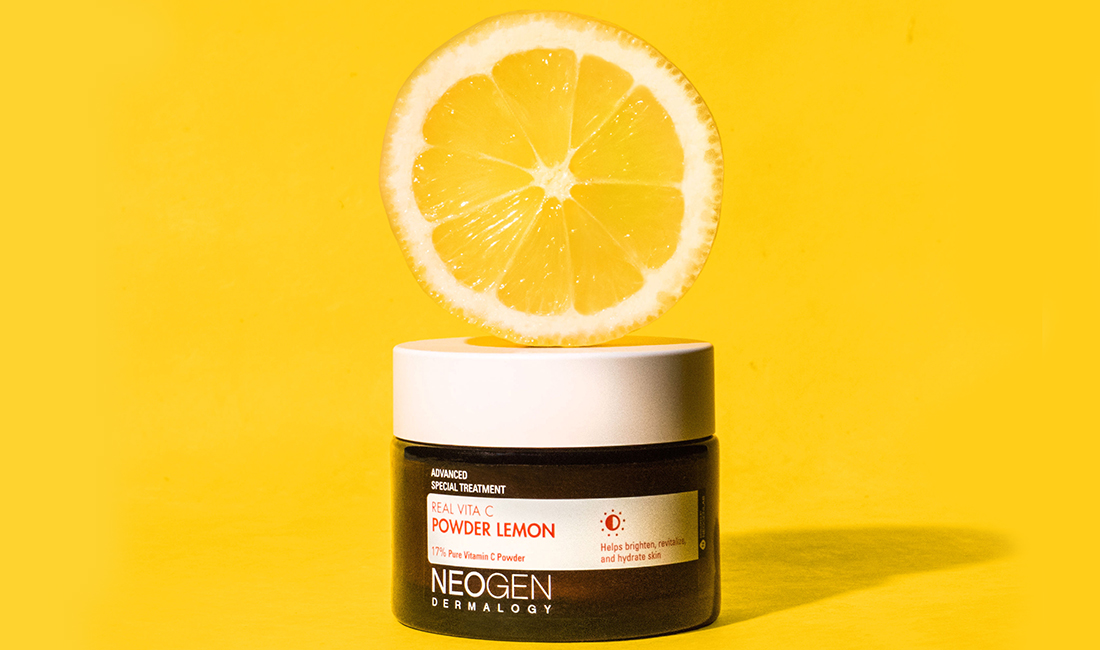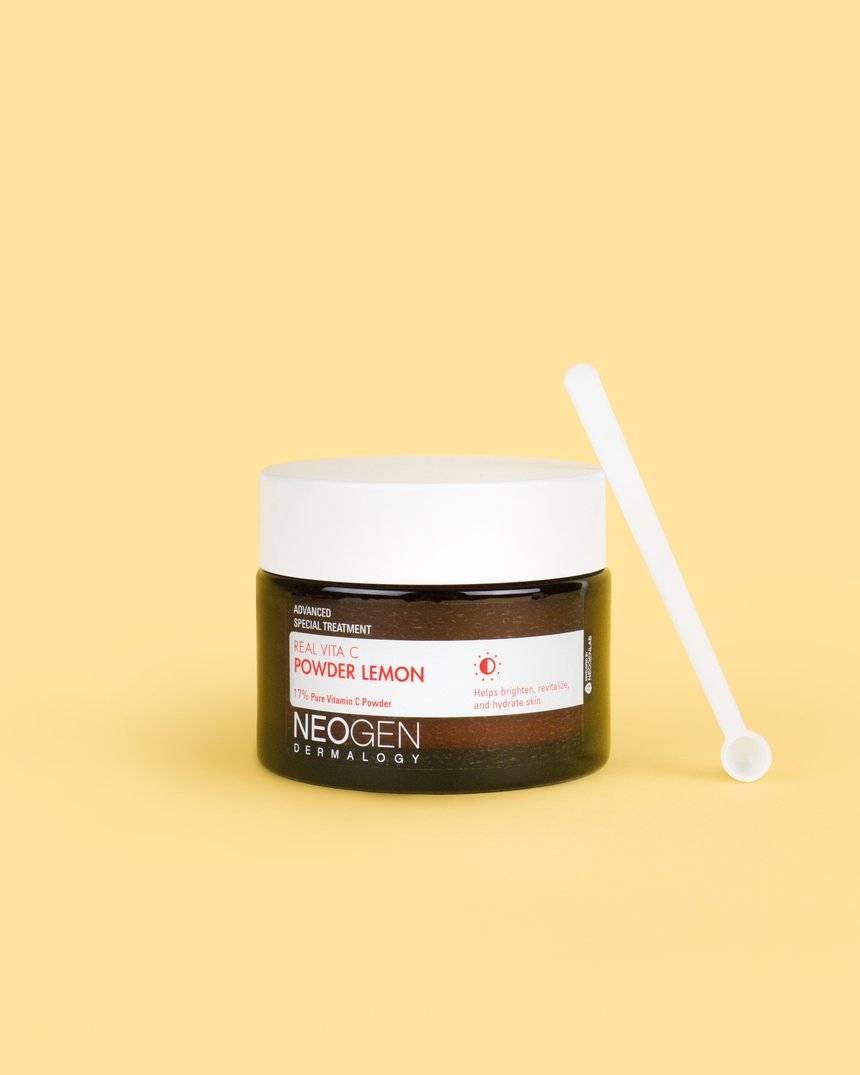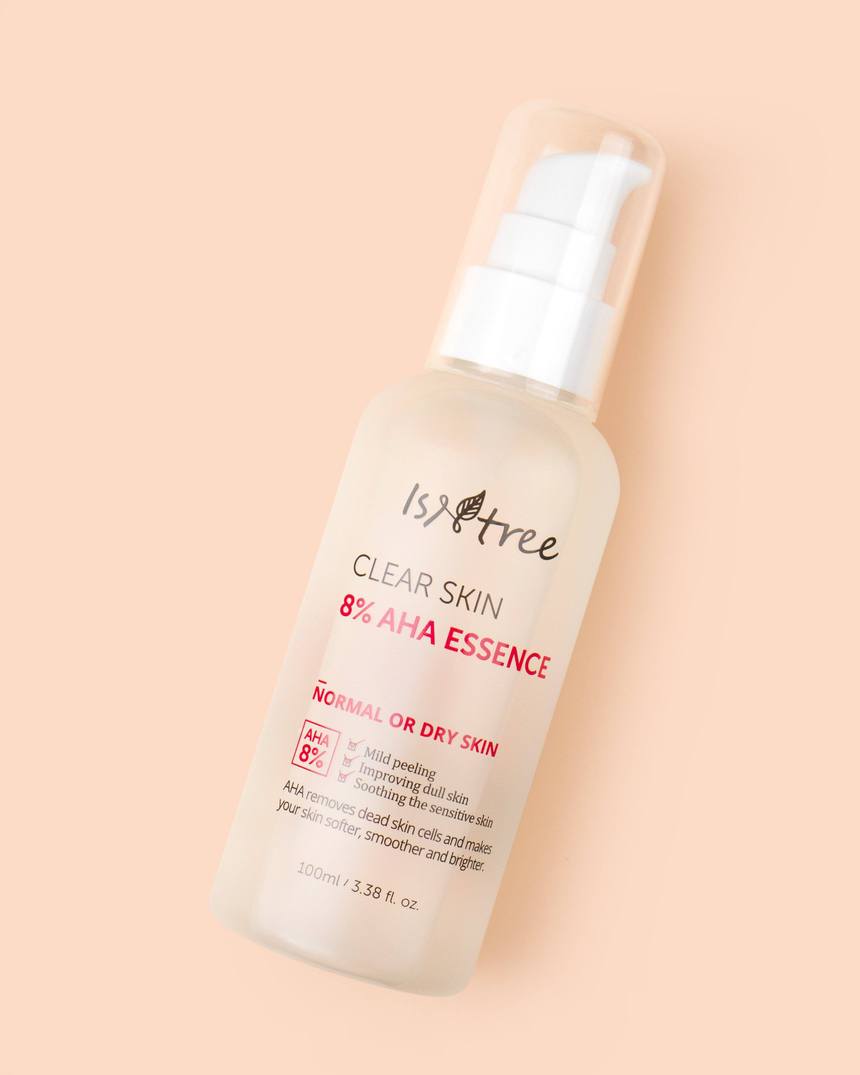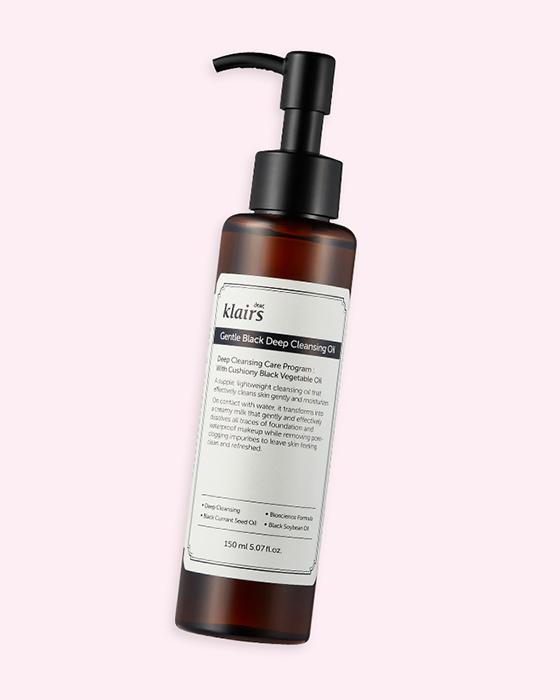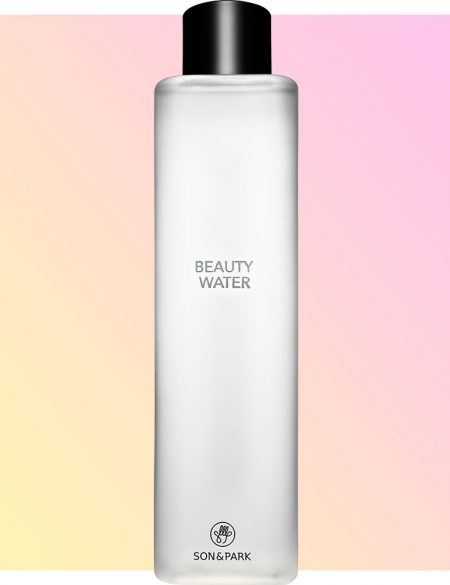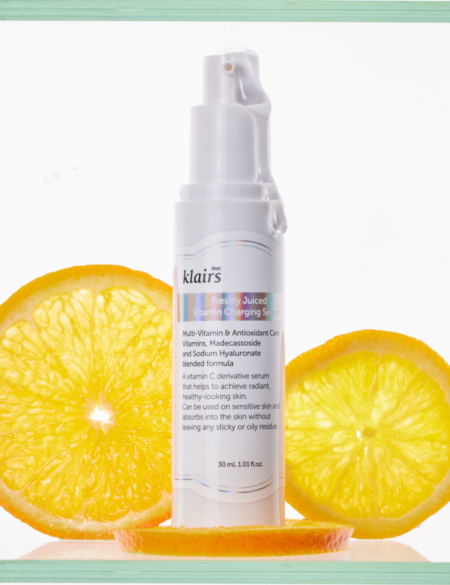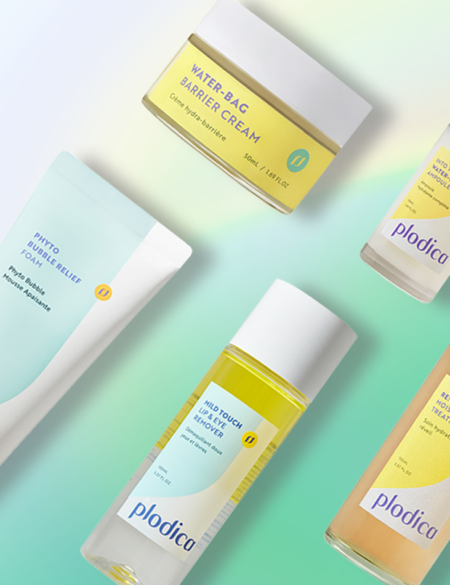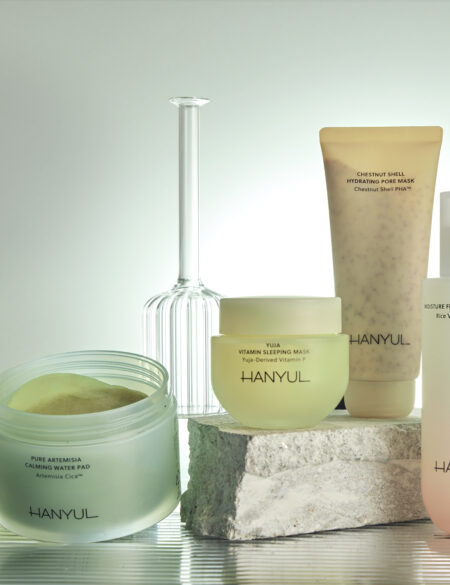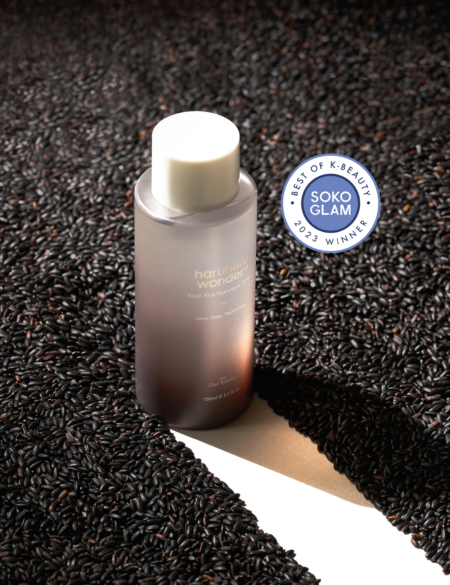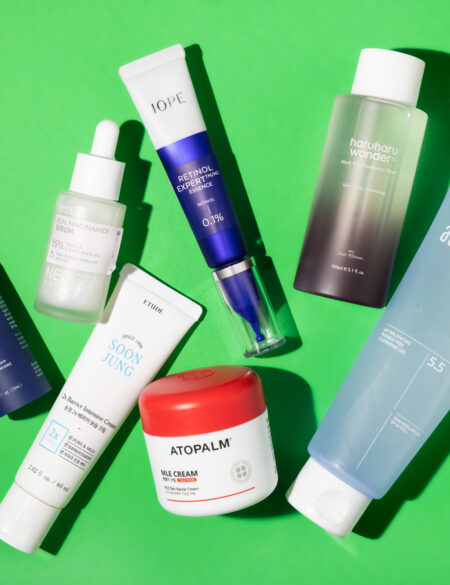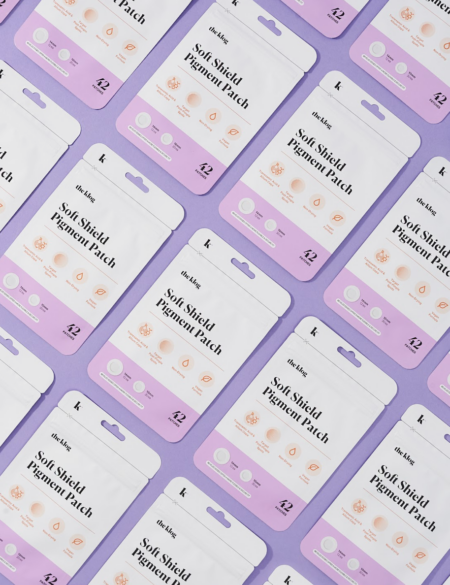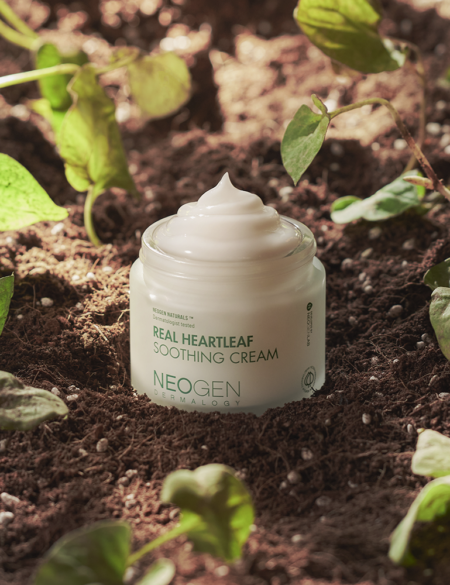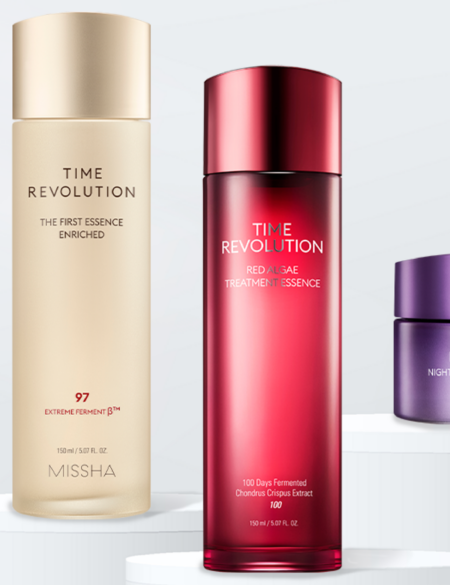DIY-ing your skin care routine with products you already have in your kitchen and bathroom cabinets can be a great way to take control of what you’re putting on your face and save money too, but not every natural ingredient is actually good for your skin. Here, a scientist for a major beauty company shares the ingredients to watch out for.
Almost everywhere we look, words like “natural,” “clean,” “organic,” “no-toxins” are printed on beauty products like moisturizers, cleansers, serums to somehow convince us that natural or clean must mean better. However, these terms are not regulated by the FDA which means they carry little-to-no meaning. Natural does not always mean better or more effective. In fact, botanical extracts can be both irritating and sensitizing to skin.
Below, I’ve outlined seven popular DIY ingredients and the ingredients I recommend using instead.
Instead of Honey, Try Benzoyl Peroxide or Sulfur
While honey does have some antibacterial properties, it can also cause infections due to its high sugar content. A better alternative is to use benzoyl peroxide or a sulfur mask to tackle acne or oily skin.
Find it in: Klairs Gentle Black Deep Cleansing Oil
Instead of Coconut Oil, Try Jojoba Oil
This oil is extremely heavy on the skin and can clog pores. This can be problematic for oily and acne-prone skin types. A better alternative is jojoba oil which mimics the skin’s natural sebum and thus helps control oil on your skin. However, anyone can use coconut oil on the body as a moisturizer!
Find it in: TROIAREUKE Acsen TOC Toner
Instead of Rubbing Alcohol, Try Witch Hazel
High concentrations of alcohol can be drying and sensitizing for certain skin types such as – you guessed it – dry and sensitive. Witch hazel is a good alternative to rubbing alcohol. This is thanks to its anti-viral effects and anti-inflammatory properties. It is much less drying and sensitizing than rubbing alcohol.
Find it in: Thank You Farmer Back To Iceland Cleansing Water
Instead of Baking Soda, Try Glycolic Acid
There is a long standing history of using baking soda in skin care due to its ability to exfoliate. However, baking soda has a high pH. This means it can disrupt your skin barrier, making your skin dry, flaky and prone to irritation. A better alternative is glycolic acid. Glycolic acid has been studied extensively and has shown to be an effective exfoliator that can smoothen skin and improve overall skin tone for almost all skin types.
Find it in: Isntree Clear Skin 8% AHA Essence
Instead of Brown Sugar, Try Mandelic or Lactic Acids
Any type of sugar is a good environment for bacteria to feed on. A better alternative is mandelic or lactic acid which is much more gentle on the skin. Both mandelic and lactic acids have a larger molecule size, which means they won’t penetrate too deep into the skin. This is perfect for a gentle exfoliation!
Instead of Apple Cider Vinegar, Try Salicylic Acid
Apple cider vinegar is quite acidic which means it can disrupt your natural skin barrier and lead to irritation and inflammation. Additionally, there aren’t any studies that show evidence of effective results when using apple cider vinegar on skin. Salicylic acid is a better alternative, especially when treating problematic skin such as acne or oily skin.
Find it in: Benton Aloe BHA Skin Toner
Instead of Lemon Juice, Try Vitamin C
While lemons contain vitamin C, they also contain many other chemicals that aren’t well studied. L-ascorbic acid, or pure vitamin C, is a better and more effective alternative. Studies show that L-ascorbic acid helps stimulate collagen synthesis and brightens skin!
Find it in: Neogen Real Vita C Powder Lemon


